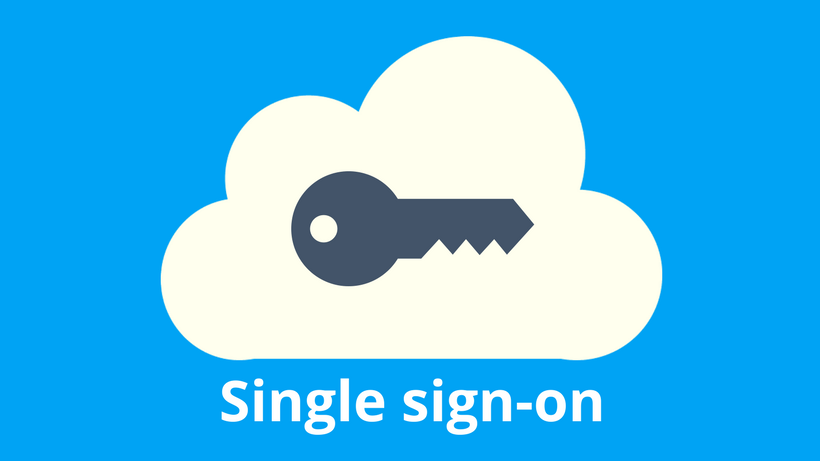Why Corporate Identities Matter for Your Business
In your personal life, you most likely have more than one identity managed by a company on your behalf. For example, your Facebook identity is managed by Meta, Facebook’s parent company, and you provide and withdraw the information you wish from this service. Most people have multiple companies managing multiple identities for them, such as Google and Microsoft, along with any other website you interact with such as Amazon. The amount of information each entity holds on your behalf can vary.
In the business world, the same is true. Many company employees have identities managed by many different online services. You may have a Microsoft work account, a Google Adwords account, a Facebook business account, a Canva account, a Dropbox account, even a Woolworth online shopping account. This list can go on and on, with some employees having upwards of 15 different online services or accounts, many of which contain company data, and many that you, as a business owner or manager, have either no knowledge of, or no control over.
In today’s world of cyber threats, it is critical that you understand the risk that these accounts pose and ensure that you have the right level of control over the data that belongs to your company. Often employees leave a business, and their email account may have its password changed, but the myriad of other accounts are overlooked. These other accounts may contain very sensitive data, and these services are also sometimes victims of cybercrime, resulting in a breach.
By choosing the right Identity provider for your business and integrating the services you use, you can greatly enhance your cyber security position and ease of use for your team (and you!).
What is Single Sign On (SSO)
SSO is the ability of a service to use an identity provider other than their own. You may have seen this where a service will let you log in with your Google or Facebook credentials, rather than setting up and maintaining an account on that service alone. Where this becomes important in a business sense, is instead of a new employee starting and being given 5 different logins to 5 different services, they instead use one login from your primary identity provider to access these 5 services. Many businesses use Microsoft 365 or Google Workspace, both which can act as an identity provider.
Benefits of Using SSO
Not only does using SSO make life easier for your employees, only having to use the one login, but it also ensures that when staff join or leave your team, their relevant access is granted and revoked correctly. You also remove the need for staff to have to remember multiple passwords and logins, which often results in the staff member having bad practice in managing their passwords.
Additionally, you are able to ensure the right policy and minimum standards are met for your staff logins. For example, ensuring you have Multi Factor Authentication (MFA) enabled across 15 different services can be a nightmare, but having it on your Microsoft 365 login that is then using SSO to reach the other services is much simpler and easier to manage.
By making use of SSO, you can make life easier for your team by ensuring everyone has the access they need, and by protecting your company data by ensuring that all of your company utilised services have the right level of protection, and that when staff leave your business, there are no loose ends left to tie up.
Single Sign On Limitations
Whilst not every service out there integrates with off-the-shelf identity providers, a lot of common services do. For the services that don’t, we have a number of methods to work around this to ensure your company data is managed effectively and securely.
Unfortunately, a number of services won’t allow you to make use of this basic security feature unless you’re on their top-tier plans. The SSO Wall of Shame is an interesting website that outlines some of these services.



